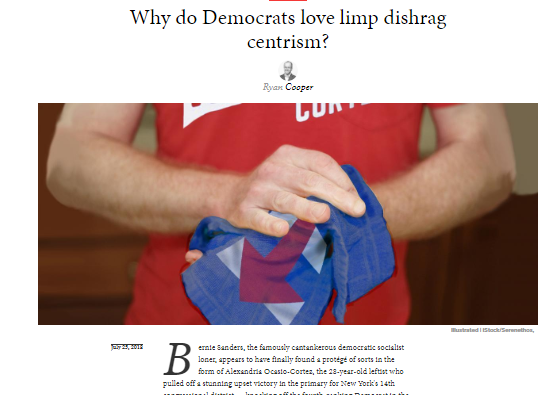Progressives: Please Read–And Share
Like many on the Left, I was disappointed that a whole slew of brilliant progressives with the skills to be president failed to get traction. And I was dismayed by the Biden campaign’s sneak-attack success at undermining Elizabeth Warren’s chances just before Super-Tuesday, with the very public withdrawals and endorsements by Klobuchar and Buttigeig. If we had Ranked-Choice Voting and other long-overdue electoral reforms in place, this would not have been a problem. (Note: that second post is something I wrote back in 2007, outlining seven important reforms. At that time, Ranked-Choice was usually referred to as Instant Runoff.) But it left a lot of us feeling angry and left out.
With the withdrawal of Bernie and Elizabeth and their eventual endorsement of Biden in the weeks following, things shifted from who do we want as our ally to who do we want as our adversary? This is a very important distinction, brought to my attention by Erica Chenowith, who is known for her work showing that nonviolent struggle by just 3.5% of the population is enough to bring down a government. We will make more progress in a Biden administration than the current administration. We have already pushed Biden’s rhetoric well to the left and have given him the space to make the recent statements condemning DT’s racism.

I already voted, on super Tuesday. But if I lived in a state that was yet to have its primary, I would absolutely vote for Sanders in order to increase that leverage from the left. But that’s all it will do. Sanders will not be the nominee. That dream is over! While giving more strength to the Sanders coalition, we have to recognize that in November, barring some kind of miracle or catastrophe, Biden’s name will be on the ballot. And the more out of control DT gets, the more he tilts actively toward fascism as he has been doing with increasing strength ever since the impeachment failed, the more urgent it is to make the margin of victory so big that DT cannot steal it this time (the 2016 results will be under a cloud forever).
We need to fight for every vote in swing states even if that means having recounts. To delegitimize the current administration in every way possible.
The absence of DT’s actual name in this post is deliberate. It is one small way we reduce his legitimacy, and his bragging rights.
I was on an Indivisible NoHo call with our progressive Central/Western Massachusetts congressman, Jim McGovern, this week. He noted that Biden was not his first choice, or even his fourth choice. That’s true for me as well. I think of the 22 original candidates, I had him at about 17. But we lost that one. Again!
Yes, Sanders would have made a fine and successful nominee that I could have supported with a lot more enthusiasm. He was my second choice, after Warren. Yes, absolutely vote Sanders in the primary but recognize that Sanders will not be the nominee and this is about giving strength to the left to negotiate with Biden.

